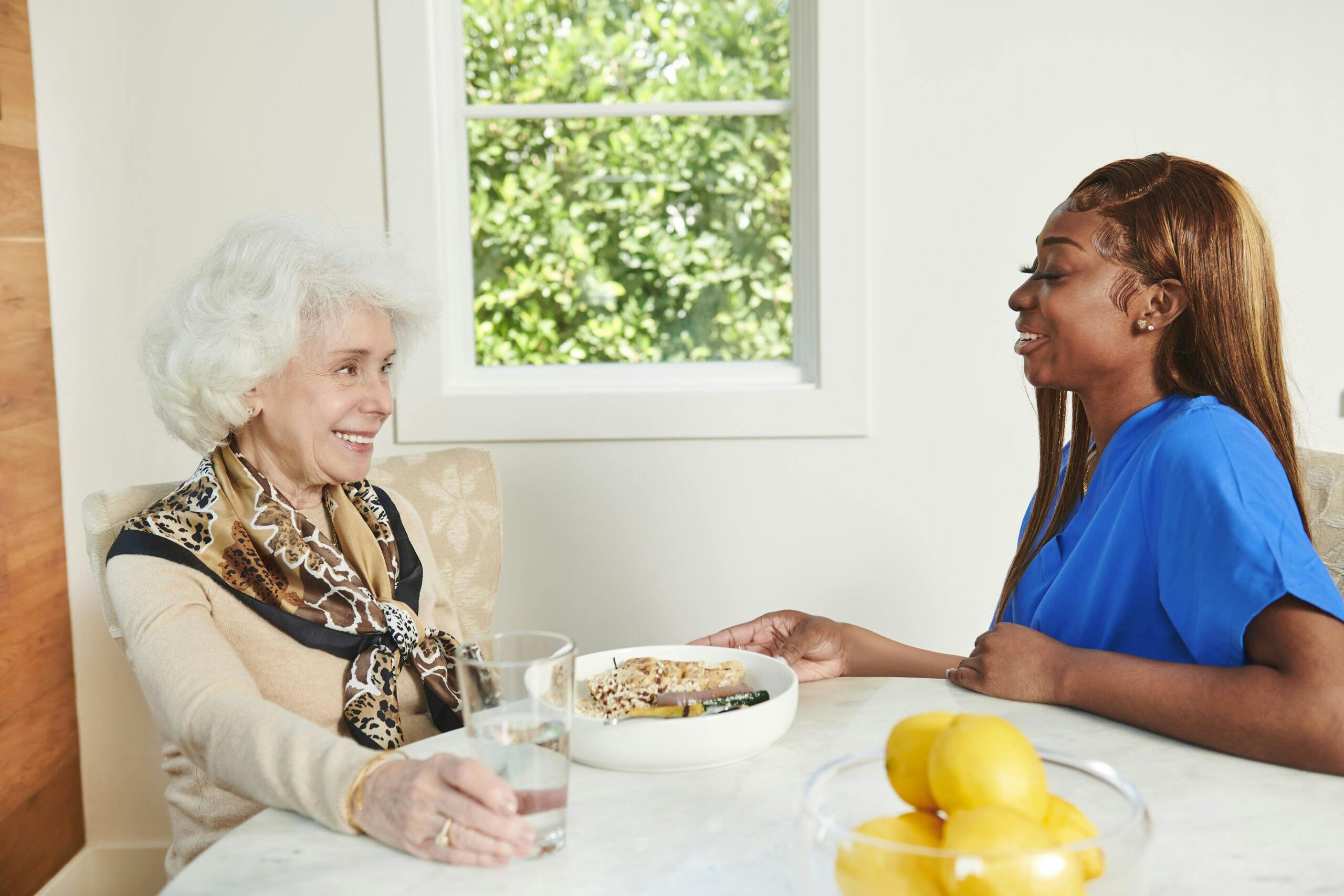Family Caregivers: Tips and Resources Available

Whether you’re looking after an immediate relative or a family friend, being a family caregiver can often bring on complicated emotions and feelings, especially if it’s your parent you’re caring for.

Often coupled with feelings of isolation and stress, the responsibilities that come with being a family caregiver can be numerous and can leave you with little time to care for yourself. Luckily, there are resources and programs available to caregivers that can help lighten your load and improve your caring skills. Whether it’s through utilizing federal programs or researching community resources for caregiver support, you should know that help will always be given to those who need it. Asking for assistance is not a sign of weakness, as knowing how to be the best caregiver you can be isn’t always something that comes naturally.
Learn how to take advantage of proven resources that can make the caregiving process easier for you and your loved one.
Caring for Yourself & Your Loved One
The only way to be an effective caregiver is to understand that quality care can only be given by those who care for themselves. Looking after your loved one can be emotionally and mentally taxing, as it’s never easy to see someone you care about struggle with simple tasks and activities. While various resources can be beneficial to caregivers looking to ease their stress, knowing how to manage your feelings and emotions throughout the caregiving process will ensure you’re able to care for your loved one while still living life to the fullest. Know that it’s normal to feel frustrated or unsure about your caregiving abilities and that family caregiver support is always available should you need it. Even if it’s just for a few minutes, take time out of your busy day to check in with yourself and reflect on how you’re feeling.

Federal Government Caregiver Resources
Trying to balance the responsibility of caring for someone part-time or full-time with managing your own life is no easy task. Many family caregivers fail to utilize valuable resources that can educate them on effective caregiver practices, caregiver support groups and more. Simply researching these proven resources can’t do any harm, so consider certain programs if you’re struggling as a family caregiver.

Offered by NIH’s MedlinePlus, Caregiver Resources is an online platform designed to help caregivers not only look out for their loved one, but also themselves. With statistics and research available on providing care for individuals with certain conditions and articles that center on ensuring your well-being as a caregiver, Caregiver Resources is chock-full of tools that many caregivers have had success with.
If the loved one you’re caring for is suffering from Alzheimer’s, you’ve likely encountered challenges and obstacles that can be hard to navigate. Alzheimer’s Caregiving was created by the National Institute on Aging with the goal of teaching caregivers how to look after someone with Alzheimer’s disease. From everyday care tips to educating caregivers on expected changes in communication and behavior, Alzheimer’s Caregiving can provide valuable insight into how Alzheimer’s affects an individual and how your actions should consider their condition.
Studies have shown that women are especially at risk for potentially harmful health effects that can develop as a result of providing care. The Office of Women’s Health has compiled loads of valuable information and resources regarding family caregiving that can help women manage caregiver stress. Family caregiver support is not intuitive, so taking the time to learn more about effective caregiving techniques and learning more about resources that can help alleviate stress is surely worth it in the long run.
These are only a few of the countless federal resources for family caregivers available.
Your time is precious, but finding time to educate yourself on how to be the best caregiver possible will ensure both you and your loved one’s utmost well-being.
Finding Local Programs
While online resources can be extremely valuable in helping you as a caregiver, having someone there in person that understands your personal circumstances and can provide individualized support greatly helps you navigate the caregiving process. Whether you opt to work with home health agencies or contact local caregivers that can provide care around the clock, you’ll want to research local programs in your area that could help you take better care of your loved one and yourself. The Department of Health and Human Services has a list that can help you find local services that are always offered with your best interests in mind. Don’t feel like the responsibility of looking after your loved one is yours and yours alone. Tapping into these federal and local programs will benefit everyone involved in the family caregiving process.
